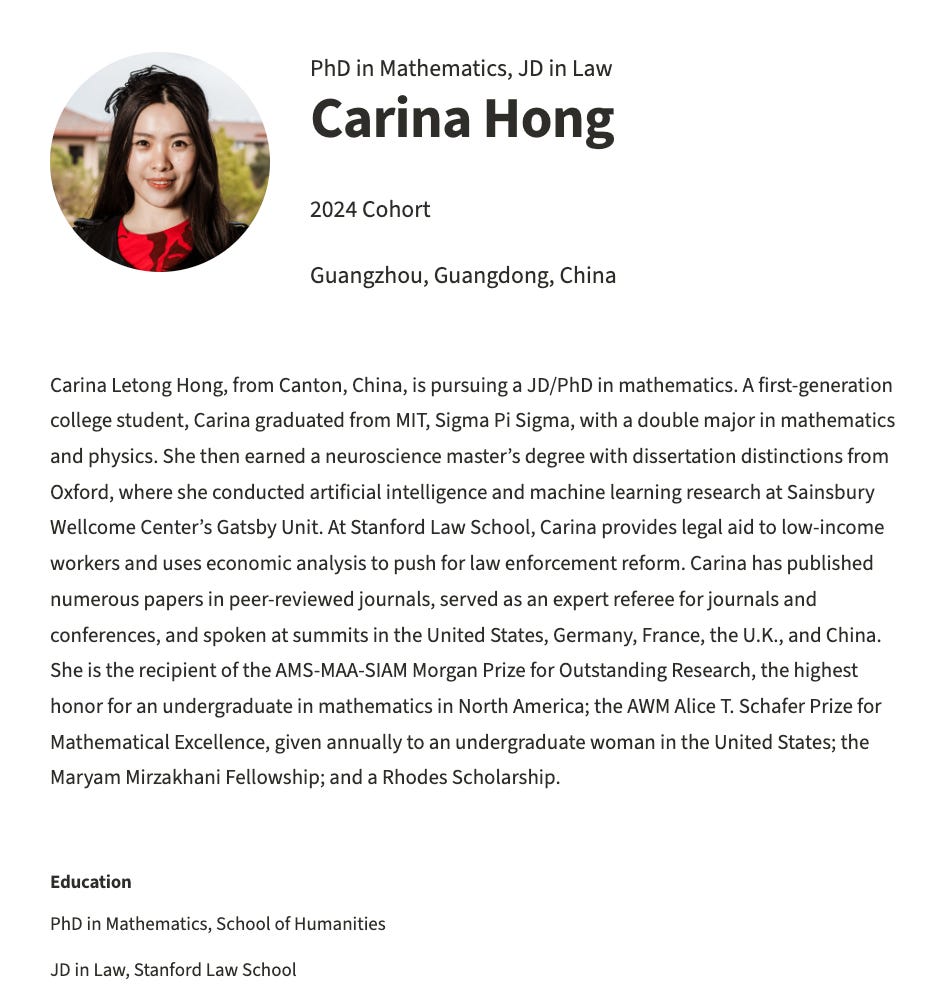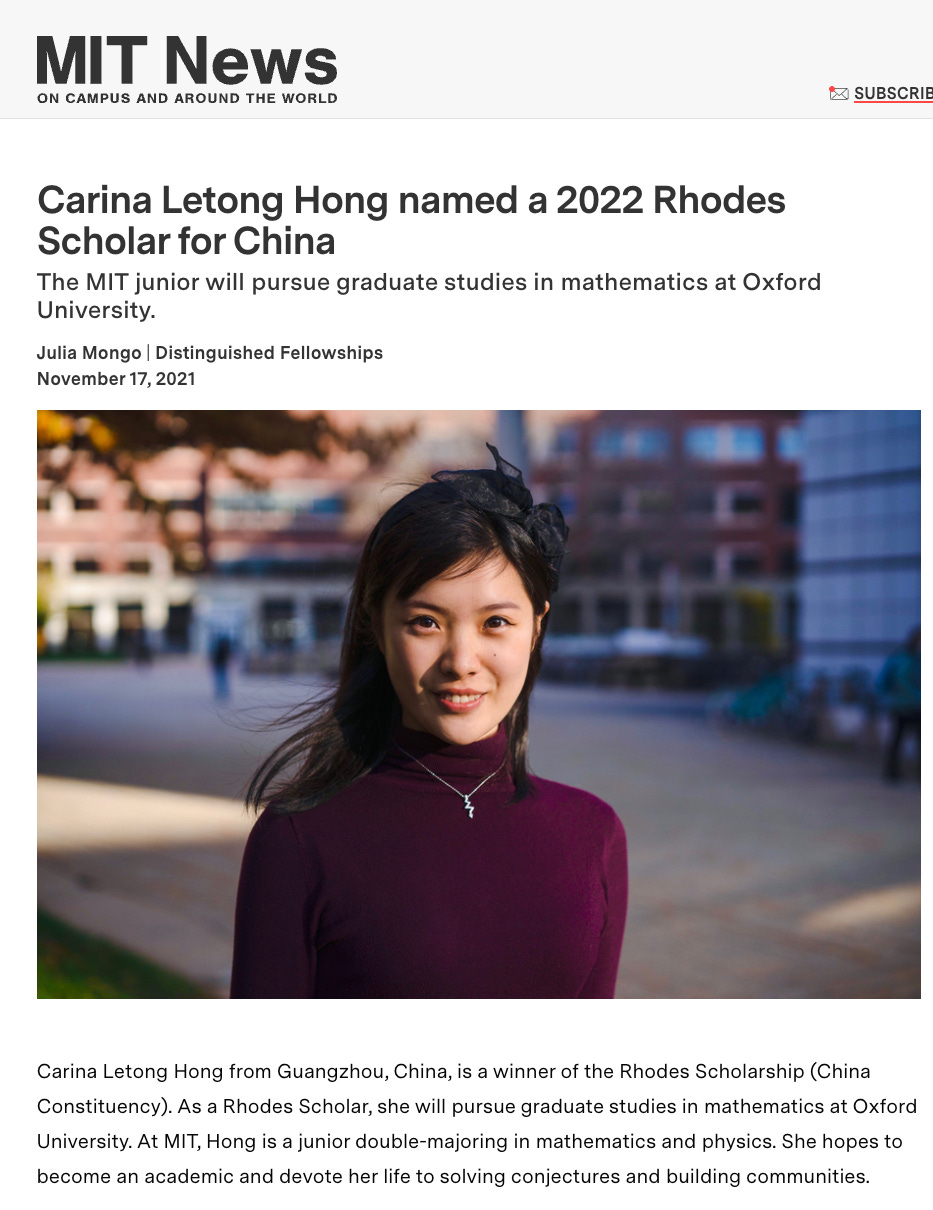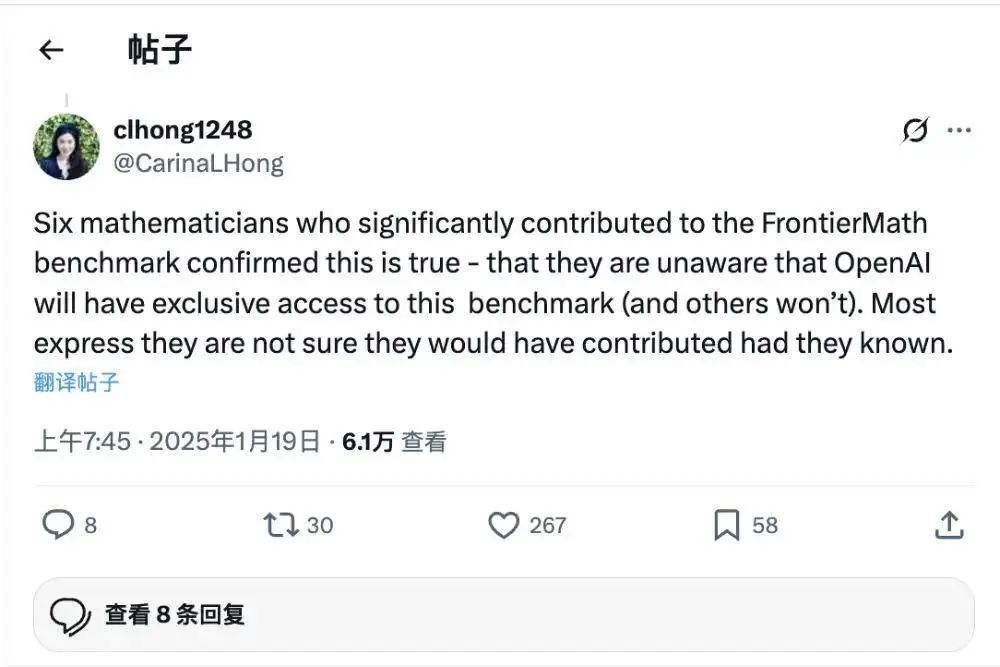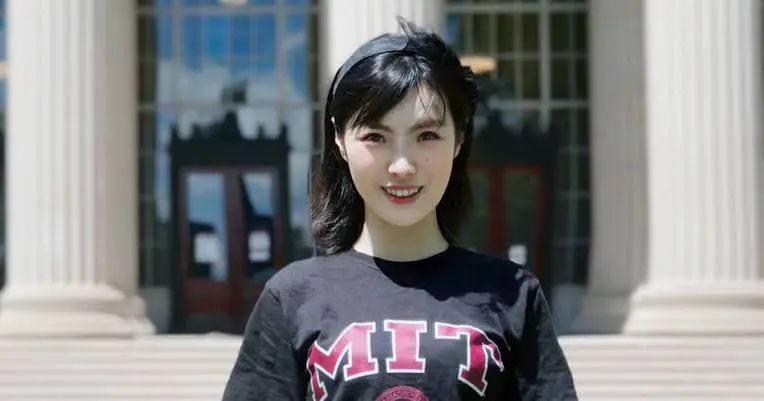Stanford Math Prodigy’s AI Startup Hits $300M Valuation Before Launch
When most AI startups struggle to secure seed funding, one Stanford PhD candidate has already achieved a $300 million valuation—without a product or users. Carina Letong Hong, originally from Guangzhou, China, recently launched Axiom, an AI venture focused on formal mathematical reasoning for quantitative finance firms. According to The Information, Axiom is now in talks to raise $50 million in Series A funding, potentially led by B Capital.
How did a “zero-product, zero-user” startup command such excitement? The answer lies in Hong’s extraordinary credentials and Axiom’s laser-focused technical vision.
From Guangzhou to Stanford: A Nonstop Ascent
Carina Hong discovered her passion for mathematics in middle school via a free Olympic math training program. By high school, she was one of only four girls representing Guangdong province at the China Mathematical Olympiad. In 2018, at age 17, she entered MIT as a double major in Mathematics and Physics, completing both degrees in three years while coauthoring nine research papers on topics ranging from modular elliptic curves to pop-stack sorting algorithms.
Hong earned top honors at MIT—such as the Alice T. Schafer Prize for outstanding female mathematicians—and, in 2021, became one of four Chinese Rhodes Scholars, studying neuroscience at Oxford. She then chose Stanford over other Ivy League offers, pursuing a PhD in Number Theory, Combinatorics, and Probability while also minoring in Law. At Stanford, Hong continued her research in combinatorics (e.g., pop-stack sorting) and began exploring AI for mathematical proofs within the Gatsby Unit at the Sainsbury Wellcome Centre.
Hong has been critical of existing large language models (LLMs) when it comes to formal proofs: although some LLMs score above 95 percent on multiple-choice math contests, their accuracy often falls below 10 percent when asked to produce a complete, machine-verifiable proof. “Pattern matching is not the same as logical deduction,” she notes. “AI must learn to prove, not just answer.”
Axiom’s Mission: AI That Actually Proves
Founded this year, Axiom aims to build AI systems trained on formal mathematical proofs—proofs encoded in systems like Lean, Coq, or Isabelle—so that models learn genuine mathematical logic rather than mere textual patterns.
Data and Preprocessing: Axiom collects and standardizes proof scripts from public formal proof libraries, annotating inference steps and normalizing syntax across different proof assistants.
Model Training: Its neural models predict intermediate proof steps, suggest lemmas, and verify target statements. Fine-tuning focuses on math areas essential for quantitative finance—such as probability, algebra, and number theory.
Enterprise Integration: Rather than a consumer-facing app, Axiom packages its proof engine as an API for hedge funds and trading desks. When financial firms need to validate complex pricing formulas or risk models, they can query Axiom for a machine-checked proof instead of assembling large in-house research teams.
By teaching AI to “prove,” Hong envisions dramatically accelerating model validation and innovation in quantitative finance. Instead of waiting weeks for human-crafted proofs, firms could obtain rigorous, verifiable solutions in minutes.
Why Investors Are Betting Big
Axiom’s recent $300 million valuation is startling given its early stage, but several factors explain investors’ confidence:
Founder Credibility
Hong’s track record—nine published papers before age 22, Rhodes Scholar, dual MIT and Stanford alumni—signals a clear edge in both mathematical depth and AI research. Few founders possess comparable expertise in formal proof systems.
Vertical Focus
While many AI startups chase broad LLM applications, Axiom’s sole focus on “formal math for finance” carves out a niche with clear enterprise demand. Quantitative firms routinely spend millions on mathematics research; Axiom offers to replace that multi-person effort with an API.
Proof-of-Concept Demonstrations
Although no production product exists yet, Axiom has demonstrated prototype models that autonomously construct short formal proofs on benchmark theorems. These demos have impressed quant researchers who prize correctness and speed.
Market Timing
Specialized AI applications are in vogue. Investors have grown wary of generalized LLMs and are keen to back teams that can tackle high-value, vertical problems. With major AI labs still focused on broad models, Axiom’s dedicated approach appears timely.
B Capital, known for backing Perplexity.ai, is reportedly leading Axiom’s $50 million round. Despite the lack of a fully built product, investors are wagering that Axiom can outpace larger labs in this niche.
Challenges Ahead
Despite the buzz, Axiom faces notable hurdles:
Data Scarcity: Formal proof corpora are limited. Converting traditional math papers into machine-checkable scripts is laborious, and Axiom must rapidly expand its dataset to cover finance-relevant domains.
Generalization: Proving known theorems is one thing; tackling novel, finance-specific conjectures (e.g., new pricing formulas) requires zero- or few-shot reasoning abilities that remain an open research challenge.
Talent Competition: Recruiting top mathematicians and ML engineers is fierce. Axiom must attract experts who might otherwise join well-funded AI labs or hedge funds.
Integration Complexity: Deploying a formal proof engine into existing quantitative workflows demands robust tooling, well-documented APIs, and professional services to ensure seamless adoption.
However, the potential rewards are enormous. If Axiom can reliably deliver machine-verified proofs for high-stakes financial problems—whether pricing exotic derivatives or verifying risk-measurement models—the platform could reshape quantitative research.
Outlook: A New Paradigm in Financial Innovation?
Carina Hong’s rise—from a Guangzhou math prodigy to a Stanford PhD launching a $300 million-valued AI startup—illustrates how deep domain expertise can trump early product traction. Axiom’s success would demonstrate that, in AI, narrowly focused tools with rigorous foundations can deliver outsized value compared to broad, generalist models.
As Hong succinctly puts it:
“We’re not building another chatbot that mimics solutions. We’re teaching AI to prove theorems. That’s a fundamentally different challenge—and one worth pursuing.”
Whether Axiom can convert its academic prowess into a robust enterprise offering remains to be seen. But for quantitative finance firms seeking airtight mathematical validation, a formal-proof AI could prove invaluable—and that possibility alone has already won over investors.







